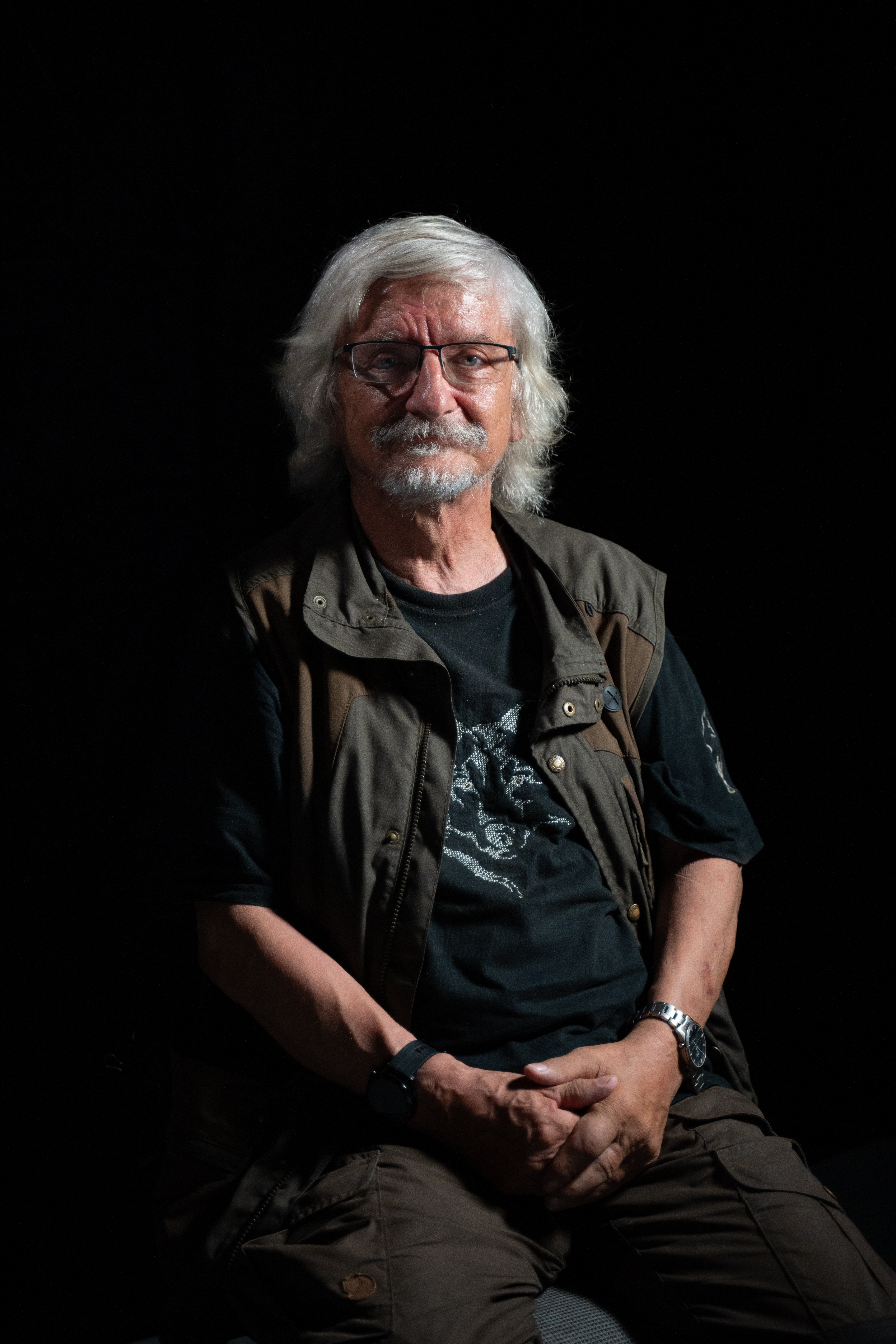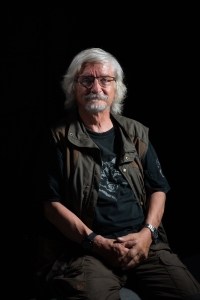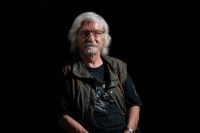We are not alone in the world, we have to help each other

Download image
Juraj Lukáč was born on December 14, 1954 in Bratislava. For the first five years, Juraj lived with his parents in Bratislava in a dormitory in Horsky Park. In 1959, the family moved to Strážské in eastern Slovakia, where Juraj completed the first three years of elementary school. In 1963, they moved to Humenné, where he spent his entire childhood and adolescence. Witness represented a music folk country club when he was about nine years old and later a freshman in high school, of which he was the only representative in eastern Slovakia. He distributed various printed materials, songbooks, sheet music and records. In 1967, Juraj founded the Forest Wisdom club in Humenné. He was a member of the Zálesák club, engaged in tramping. As a university student, he was a co-organizer of the important Czechoslovak folk music festival Porta. In 1970, the memorial entered the three-year secondary general education school SVŠ, which he graduated with a high school diploma in 1973. In 1973, he began studying the field of Communication Informatics at the Faculty of Electrical Engineering of the Czech Technical University in Prague. He graduated from university in 1979 and joined the basic military service in Brno. After graduating, he got a job at the Metal Industry Research Institute (VUKOV) in Prešov. Since the beginning of the eighties, he has been dedicated to nature protection in the basic organization of the Slovak Union of Nature and Landscape Protectors (SZOPK). He founded the forest protection group Vlk as an independent civic association in 1993. After the Gentle Revolution, he entered political life for a short time, when in 1990 he was co-opted as a member of the city council in Prešov. He continued to lead the forest protection association Vlk, whose activities began to become professional. He left the research institute and started a business. Since the end of the nineties, he has devoted himself exclusively to nature protection in the civil association Vlk, which he still leads today.

